By Joe Berk
That’s me that I’m talking about in the title of this blog and the story is a Riding China excerpt. Joe Gresh and I rode with a group of Chinese riders on a 38-day motorcycle ride around China. This is a small part of it describing the ride into Beijing.
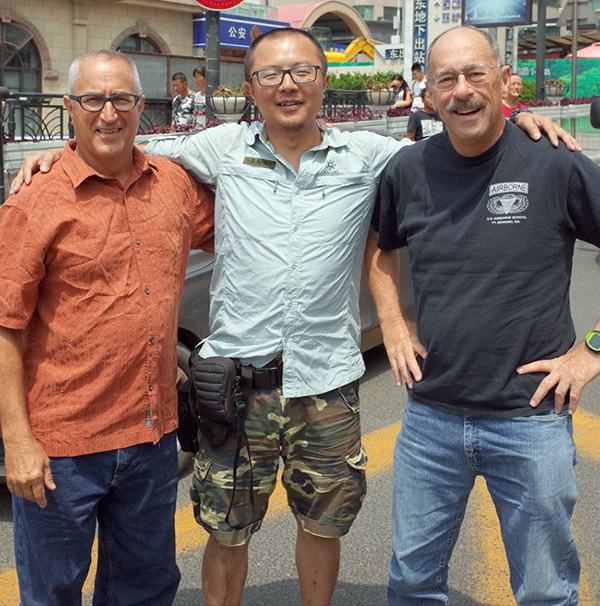
Traffic was moving but it was heavy, and Chinese drivers in cars do not respect motorcycles. If they want to occupy your spot on the road, they just move over. It’s not that they don’t see you; they just don’t care. You’re a motorcycle. They’re a car. They know who’s going to win. At very low speeds in city traffic, you can scream at them or maneuver away or stop. At freeway speeds if you don’t get out of the way, you’re a hood ornament or a big wet spot on the asphalt. Our Chinese riders’ propensity to ride on the shoulder all the time suddenly made sense to me.
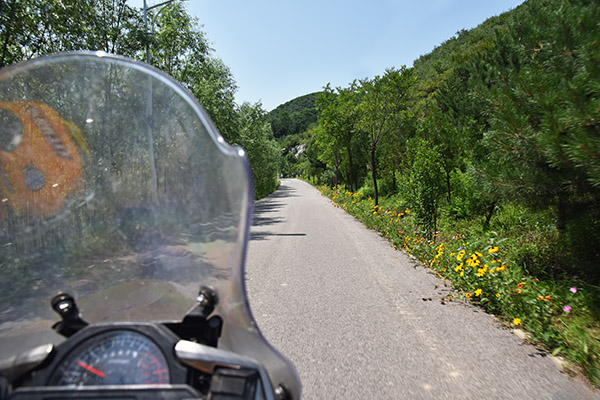
It was dark well before we reached our hotel that night and we had to ride about 45 minutes or so after the sun set. The Asian-configuration RX3 headlight is not very bright (our US bikes are much better), and to make a bad situation worse, as I have mentioned before I don’t see too well in the dark. To see a little better that night, I lifted my visor. Even though it was a clear visor it still has a slight tint to it and when I lift it at night I can see better.
In the motorcycle world, there’s another term that’s similar to ATGATT (you know, all the gear, all the time). It’s “visor down.” What it means is that you should keep your helmet visor down all the time. The reason is obvious: You don’t want to get whacked in the eye with whatever is floating in the air. That night, I proved that “visor down” makes sense. I caught a bug smack in my right eyeball. It hurt immediately, but I could still see. At that point, I put the visor down, but it was a classic case of closing the barn door after the horse got away.
We arrived at the hotel about 20 minutes later. I was tired and cranky. I went to my hotel room in a blue funk. Gresh tried to calm me down, but he was fighting a losing battle. “We have a couple of good rolls of toilet paper in this room,” he said. That was a good point and it was definitely something to be happy about, but it didn’t help me feel any better.
I really didn’t want to eat dinner that night, but I decided that bagging dinner would be too rude. So I went and I sat next to Sean. After some small talk, he noticed my eye. He was shocked. I had not seen myself in the mirror and I guess it looked pretty bad. My eye wasn’t white anymore; it was mostly red and swollen. Okay, I’ve been whacked in the eye by bugs before. I knew it would be red and it would bug me (pardon the pun) for a couple of days, and then it would be okay.
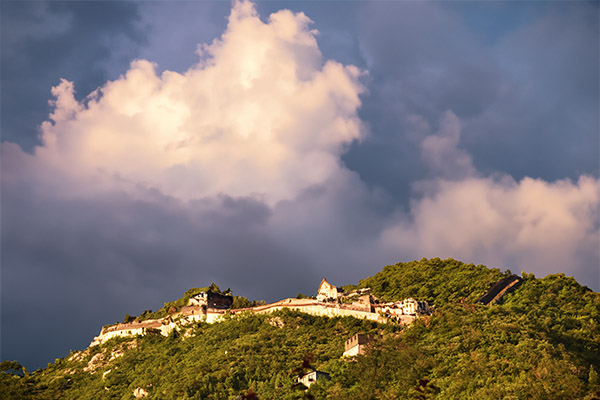
We rode through the countryside the next day to see the Great Wall at another location, but I still wasn’t over being upset and cranky from the night before. When I lead rides in the US or in Mexico that last for more than a weekend, there’s usually one guy in the group that will get cranky at some point. I had thought about that before this ride and I realized that on a ride lasting over five weeks someone would get to that point. I just didn’t think that guy would be me. But it was. I was tired, my eye was jacked up, and the stress of watching out for Chinese drivers was getting to me.
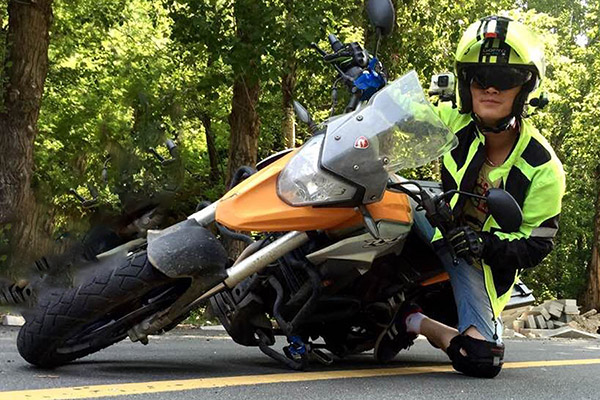
The next morning, I missed grabbing a good photo because of that. We were riding to see the Great Wall at a different location. On a lightly-traveled mountain road on a curve, we all stopped and Dong intentionally laid his RX1 on its side in the middle of the lane. He got on the bike with his knee out and had one of the other guys photograph him from the front (to make it look like the bike was leaned way over in the corner and he was dragging his knee). I think nearly everyone got their photo on the bike, but I declined. I just wasn’t in the mood. I think Dong knew I wanted that photo, though, and after I had returned to the US, he emailed a copy to me. (It’s the photo you see above.)
When we got to the Great Wall that morning it involved a considerable hike up a steep hill to get close enough to touch it. I’ve done that on prior visits, so I didn’t want to do it that day. Four of us opted to wait while the rest of the guys made the hike. It was relaxing. Wong, Zuo, Furem, and I shared a bag of peanuts Sean had left in his car while we waited for the others to return.
As we were riding back to the hotel from that location, heading downhill through the mountains the same way we had ridden in, I started slowing down. I didn’t realize it at first, but eventually I was the last guy in our formation. Then I started riding even more slowly, until the rest of the guys were so far ahead of me I couldn’t see them. My eye was still bothering me and by now I was having some problems seeing well. To add fuel to that fire, my left shoulder was hurting (I have a pinched nerve somewhere in there and it bothers me on long motorcycle rides).
But there was more to what I was feeling than just what I described above. Something was going on. I suppose a shrink would call it an anxiety attack. I was driving around every twist in the road expecting to see a truck stopped in my lane, an oncoming truck passing another vehicle in my lane, a person sweeping the street in the middle of the turn in my lane, a guy pulling out right in front of me, a bus making a U-turn in front of me, a car cornering too hard drifting into my lane, someone going the wrong way in my lane, someone pulling into my lane without looking, an old woman walking directly in front of me, people stopping to have a conversation in the middle of the street, or someone squatting down to take a dump (in my lane, of course). On this trip, I had seen all of what I just described and more. What was happening that morning was the enormity of the insanity that is riding a motorcycle in China caught up with me. Yeah, it was an anxiety attack. The nuttiness of it all, my vulnerability being on a motorcycle, and my inability to do anything about it was suddenly overwhelming.
The guys were waiting for me at the next intersection, and from there we went to a Sinopec gas station to refuel the bikes. It was hotter than hell. I guess it was fair to say I was miserable. I was still feeling all of this accumulated anxiety when a guy in a black Mercedes starting blasting his horn at me in that gas station parking lot. He didn’t want to drive around me; he wanted me to move even though there was plenty of room for him to go around. It was more of the “I’m a car, you’re a motorcycle” bullshit that is pervasive in China.
I don’t know what came over me, but I think I just got supremely tired of being the vulnerable victim. I looked directly at that Mercedes driver. I made eye contact. He looked at me, not realizing I was here with eight other guys on motorcycles. I eased the clutch out until my bike was directly alongside his window (which was open). I then leaned on my horn and let it rip for a good solid 20 seconds. Then one of the other Chinese riders watching me did the same, and yet another yelled a really bad word at the Mercedes (which he probably learned from either Gresh or me). It was pretty funny, especially hearing that kind of profanity with a Chinese accent. The guy in the Mercedes had screwed with the wrong Marine on the wrong day. Without realizing it, he took on the Wild Angels that hot afternoon just outside of Beijing. He suddenly and fully realized what might happen as a result of his boorishness. He rolled up his window, he averted his eyes, and he backed his big black Mercedes respectfully away from us. That broke the spell. I wasn’t helpless any more. I felt amazingly better.
Okay, enough about me being a butthead: On to Beijing proper. We stopped at the Beijing Zongshen dealer that afternoon (where they were expecting us) and it was the Dajiu and Arjiu show all over again.
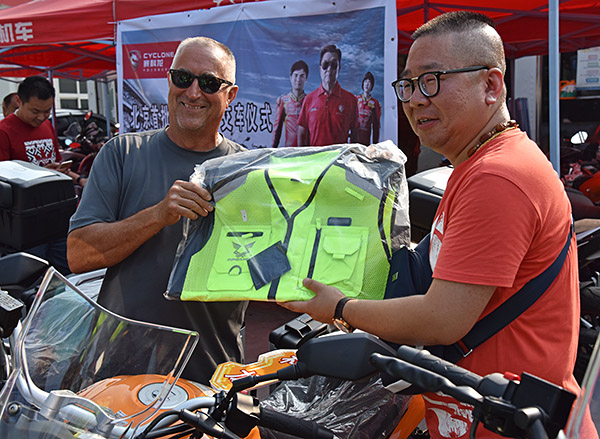
There were the usual tons of photos with Gresh and me. Hey, how often do Dajiu and Arjiu show up in your neighborhood? Tracy told us the dealer had just sold five new RX1s. He wanted to have a ceremony in which we gave the keys and Zongshen fluorescent vests to the five lucky guys who had purchased the bikes. I was feeling my old self again. I saw an opportunity and I took it.
“We’ll do it this time, Tracy,” I said, “but if you don’t start doing a better job getting these dealers prepped it will be the last time.” Tracy doesn’t always know when I’m teasing him. I could tell that this was going to be one of those times. Gresh picked up on it, too.
“Yeah!” Gresh said. Joe sometimes has a way with words.
“What is wrong, Dajiu?” Tracy asked, concern and maybe a little fear showing in his eyes.
“Where’s the watermelon?” I said. “We’re supposed to have watermelon waiting for us at each dealer visit,” I said.
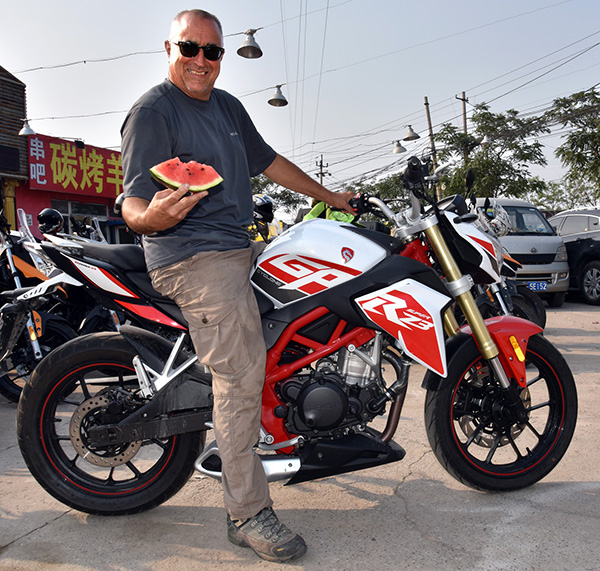
“Yeah,” Gresh added, “and it’s supposed to be chilled, too.”
“It’s right there in Section 6, Paragraph 3.2 of the Dajiu and Arjiu contract,” I said, “and there’s no cold watermelon here, Tracy!” (I don’t think I need to mention this for my readers, but I will just in case you were wondering, there is no such thing as a Dajiu and Arjiu contract, let alone any paragraphs about cold watermelon.)
“Ah, I am so sorry,” Tracy said. “It is my bad, Dajiu. I am so sorry.” Then he turned to Gresh, and addressing him as Arjiu, he said the same thing.
“Tracy, relax,” I said. “I’m just screwing with you.” But it was too late. Tracy heard me tell him I was joking, but it didn’t register.
We had a great ceremony and we had fun taking photos and giving those five proud new RX1 owners oversized Styrofoam keys and then their real keys. It was one of the most fun things I did on this entire trip. As we were doing so, I could see Tracy (who had left and returned) slicing several large (and delightfully cold) watermelons on a table in front of the showroom. Hey, a contract’s a contract.
The Beijing dealer had an RZ3, Zongshen’s naked sportbike, parked in front. Gresh was really impressed. I took photos of it and put them on the CSC blog that night, but I couldn’t tell you then what you now know to be the case: CSC is going to bring the RZ3 to North America. I like the RZ3 a lot. It’s essentially the RC3 with a normal seating position and upright bars without the RC3’s bodywork. We’re going to sell a lot of RZ3s. The RZ3 has the RX3 powertrain, and that’s both bulletproof and fast. I already have ideas on how I’m going to customize mine.
When we got off the subway after visiting The Forbidden City, we waited on a street corner for our Uber ride back to the hotel. I watched the scooters and small utility vehicles rolling by, and I realized that nearly every one of them was electric. I must have seen 200 scooters during the 20 minutes we waited, and perhaps 2 had gasoline engines. This wholesale adaption of electric scooters and small utility vehicles in China is nothing short of amazing.
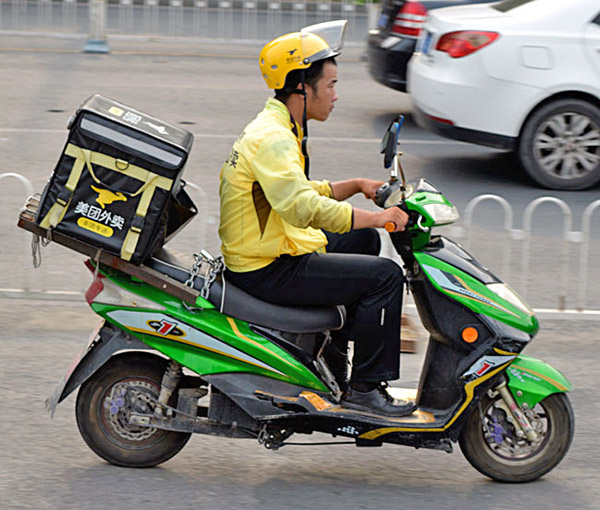
Sean explained to me that the transition to electric vehicles started about 15 years ago, and the government has done a number of things to encourage people to convert to electricity. For starters (once again, pardon my pun), many of the larger cities in China now prohibit motorcycles and scooters unless the vehicle is electric. Electric scooters are allowed where gasoline-powered bikes are not. That alone is an enormous incentive. The next incentive is that you don’t need a driver’s license to take an electric vehicle on the street. You just buy one and go. And finally, as I’ve mentioned before, electricity is cheap in China. There are windfarms, solar panel farms, coal plants, nuclear power plants, and hydroelectric power plants all over the country. We saw scooters parked on the sidewalk and plugged into extension cords running into small stores everywhere. People charge them like iPhones; they didn’t miss any opportunity to top off the batteries on these things.
That night was a great night. The Zongshen dealer took us to a restaurant that specialized in Peking duck. The guys were excited about this development, but I was initially leery. I thought I didn’t like Peking duck. Boy, was I ever wrong!
I tried Peking duck 25 years ago when I visited Beijing with Sue. We both thought the duck was awful. That’s because we went to a restaurant that served tourists. The food at that place didn’t have to be good. They knew they would never see us again, and Yelp hadn’t been invented yet.
This night in Beijing with the Zongshen dealer and the RX3 owners club was different. The Peking duck was incredible. The chef sliced it paper thin right at our table. They had thin tofu (almost like a crepe), and the guys taught me how to eat duck properly. The deal is you put a few fresh vegetables on the tofu, you add a slice or two of duck, you add this amazing brown gravy, and then you roll the affair up like a burrito. Wow, it was delicious!
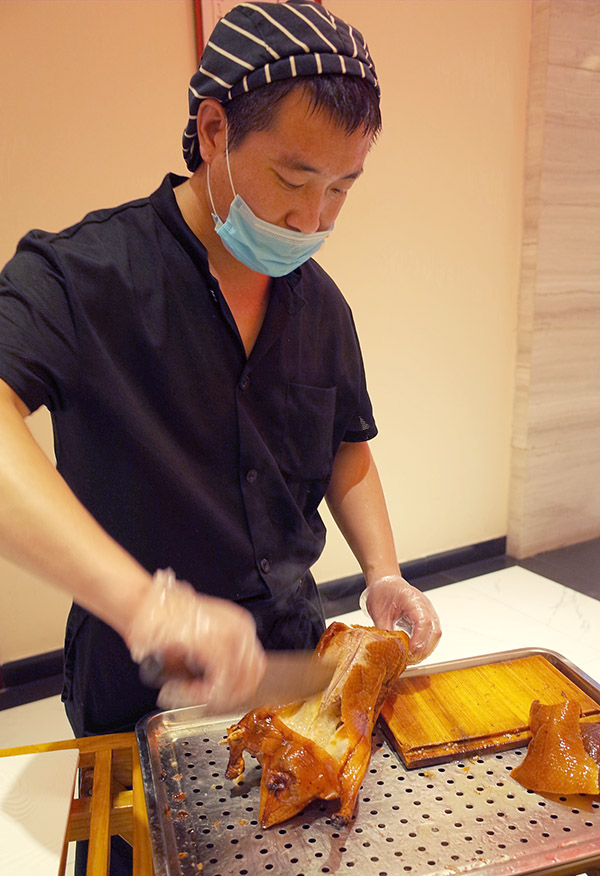
We had several rounds of toasts at dinner that night and the liquor flowed freely. I got lucky. Kong sat next to me and he schooled me in the proper way to make a Chinese toast. To show respect, you clink your glass against the other guy’s glass, but you hold your glass at a lower level so that when the two glasses meet, the rim of yours is lower than the other person’s. When the Zongshen dealer toasted me, I followed Kong’s advice, and the Chinese riders all nodded approvingly. Ah, Dajiu knows.
It was funny. Sergeant Zuo and I had made several toasts to each other, and when we touched glasses, we both tried frantically to get our glasses lower than the other, so much so that we usually crashed the bottoms of both on the table (to a hearty laugh and round of applause from everyone). Zuo was being polite; I was being completely serious (I have enormous respect for him).
The next day we took the subway into Beijing. We already were in Beijing when we got on the subway, but Beijing is a megacity and you can’t simply drive into the center of it. We rode the subway for a good 45 minutes, and when we emerged, we visited the Forbidden City and Tien An Men Square. It was all grand. It was touristy, but it’s something that should be on any China visitor’s bucket list.
After seeing the Forbidden City, we walked around downtown Beijing for a while. I told Tracy my eye was getting worse and I wanted to get antibiotic eye drops for it. It was Sunday afternoon, but there was a large pharmacy right in front of us and it was open. Tracy went in with me and he told one of the young pharmacists what I wanted. She responded and it didn’t sound good.
“She cannot sell it to you without a prescription,” he told me.
“Well, shoot, Tracy, it’s Sunday afternoon,” I said. “We’re not going to find a doctor. I’ll be okay. Let’s just go.”
“No, it is okay, Dajiu,” he said. “We are China and we have a bureaucracy. It is my bad.”
Good old Tracy, I thought. The guy felt responsible for everything. I was resigned to the fact that my eye was going to take a while to get better. Tracy, in the meantime, had walked not more than 8 feet away to an elderly woman sitting at a wooden table. He spoke to her in Chinese and pointed to me. She never looked at me, nor did she look up. She simply pulled out a white pad with a big “R” at the top. Nah, this can’t be, I thought. She wrote something in Chinese characters and handed the slip to Tracy.
“Our prescription,” Tracy said. “Such a bureaucracy.” He walked the three steps back to the pharmacist, Tracy handed her the prescription, and 30 seconds (and 24 yuan, or about $4) later, I had my antibiotic eye drops. I put two drops in my eye. When we rode out of Beijing the next morning, my eye was good as new.
Like the above story? Want more? Pick up your copy of Riding China!
Never miss an ExNotes blog:

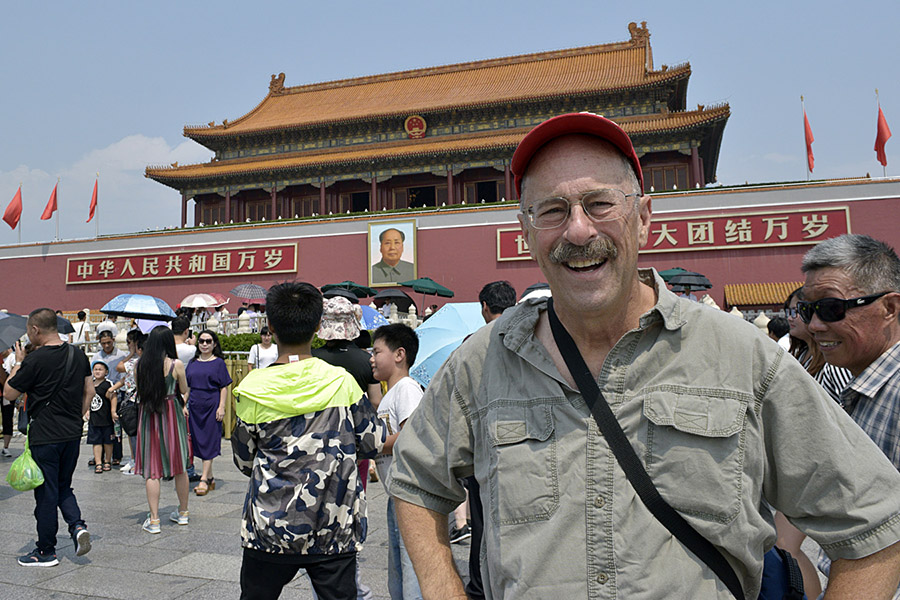
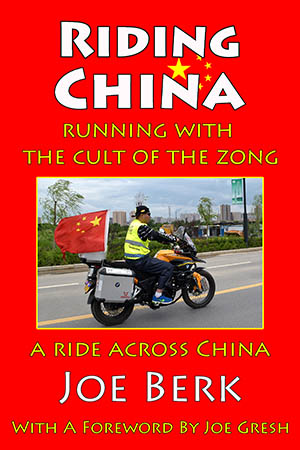


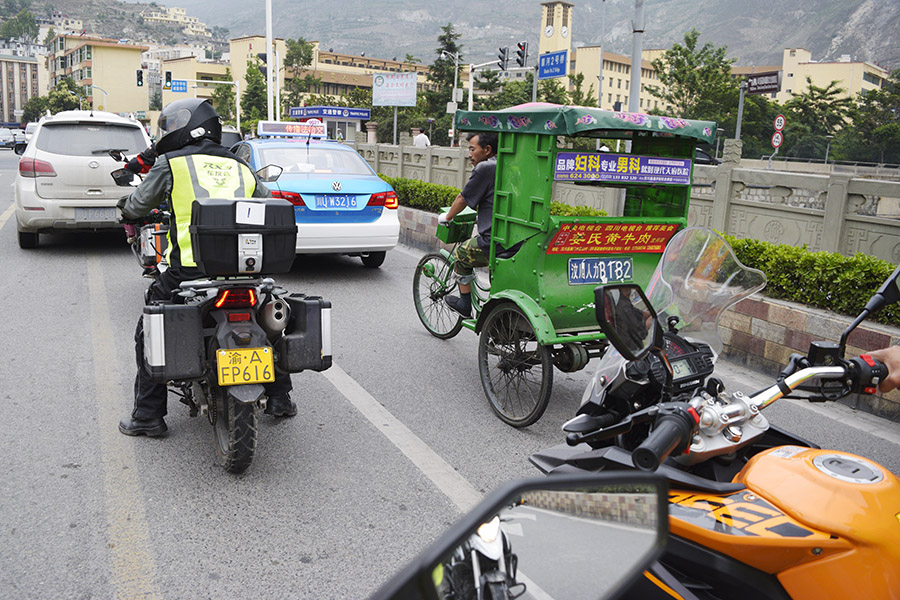
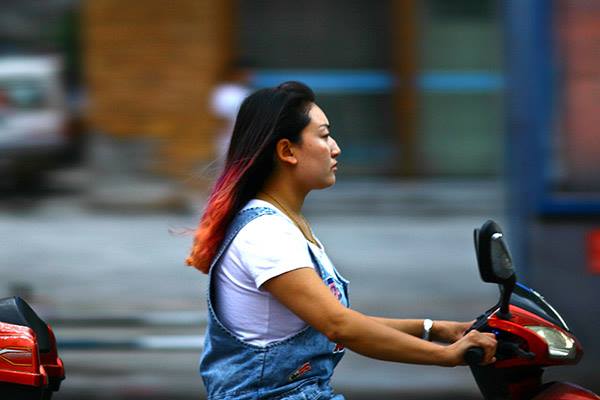
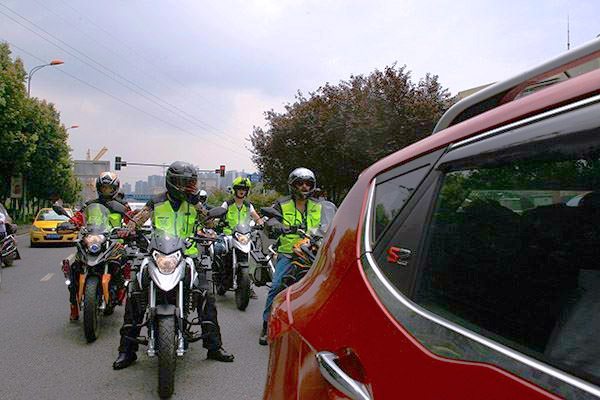

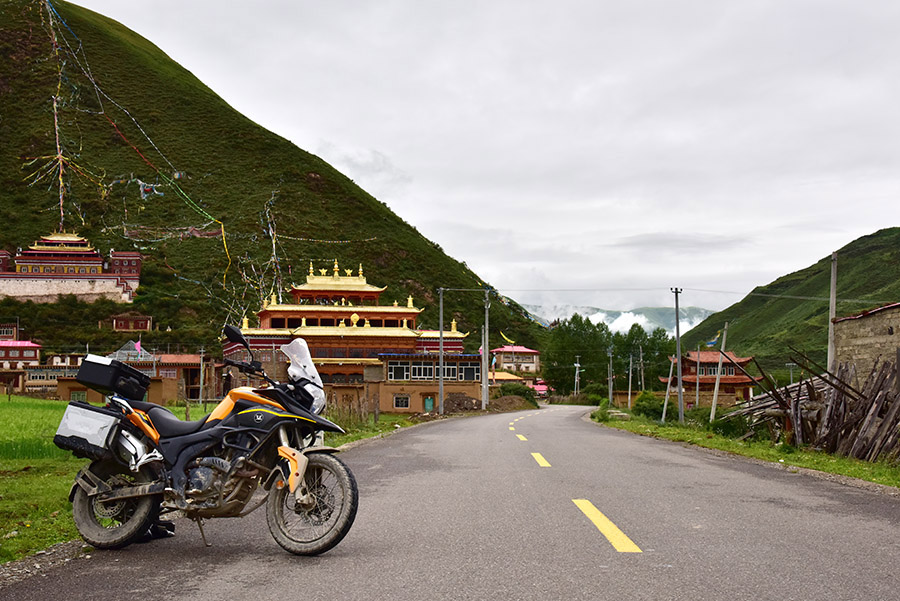

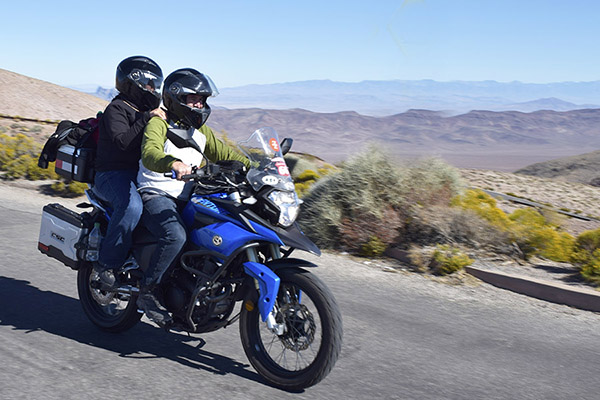
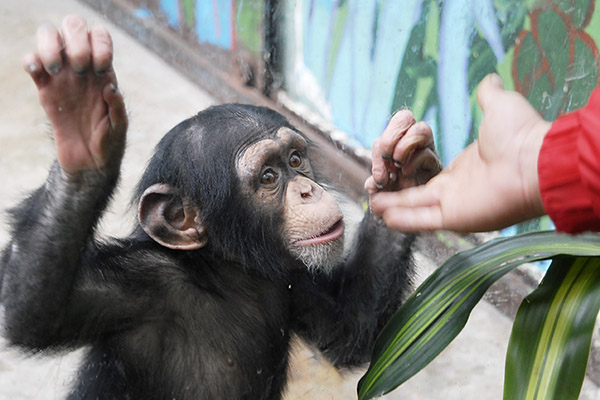
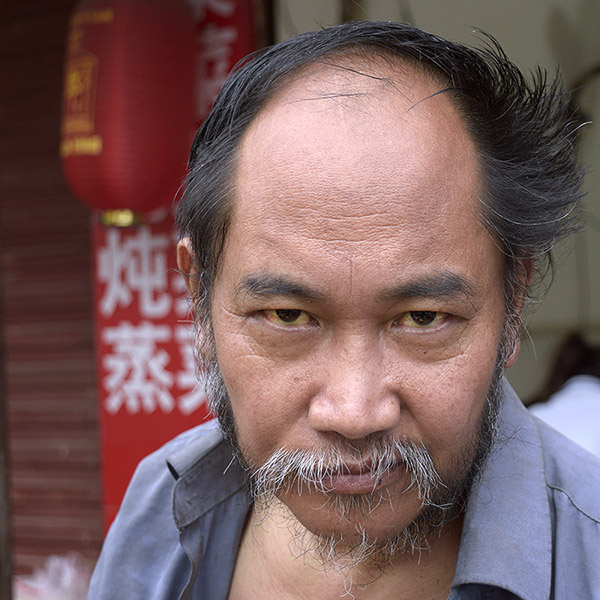
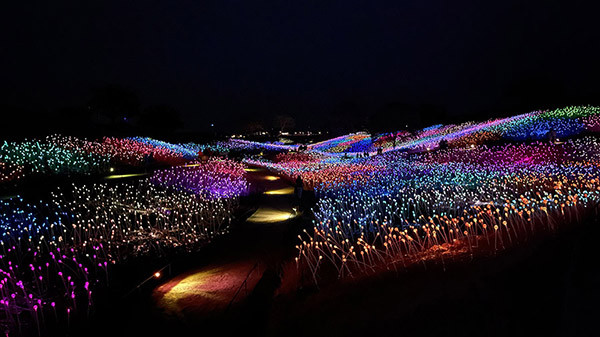


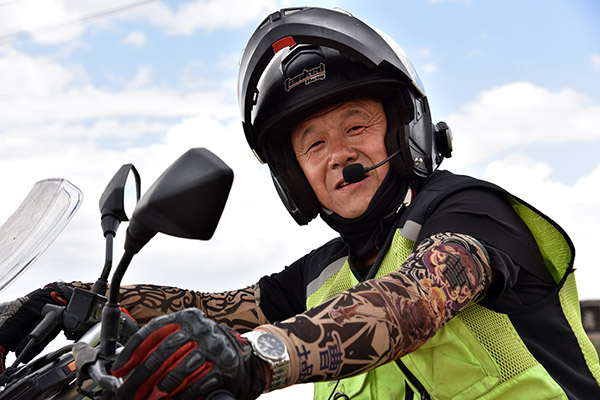
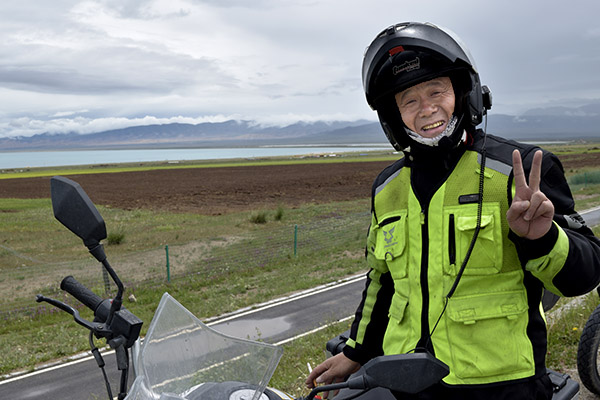
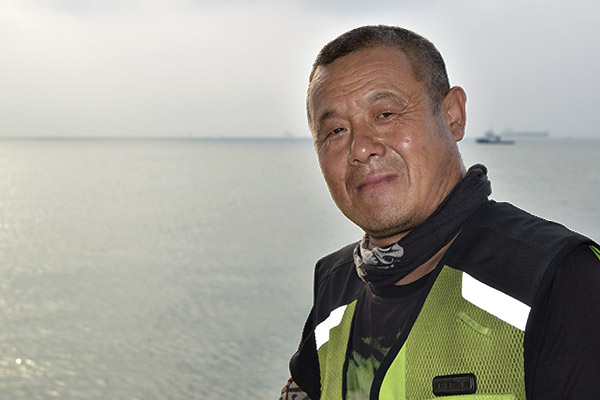
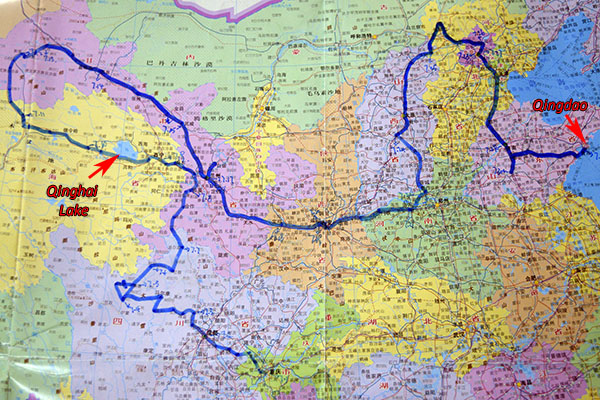

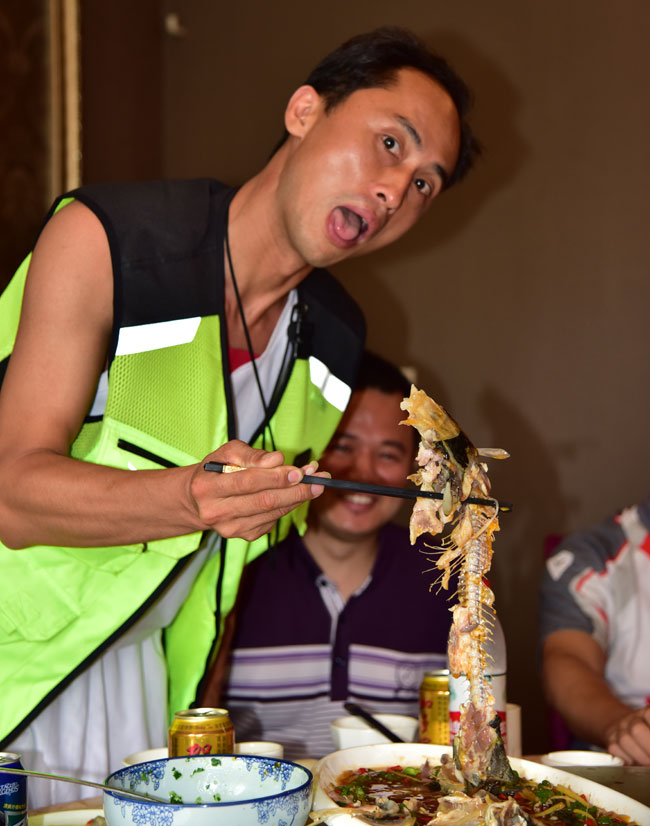


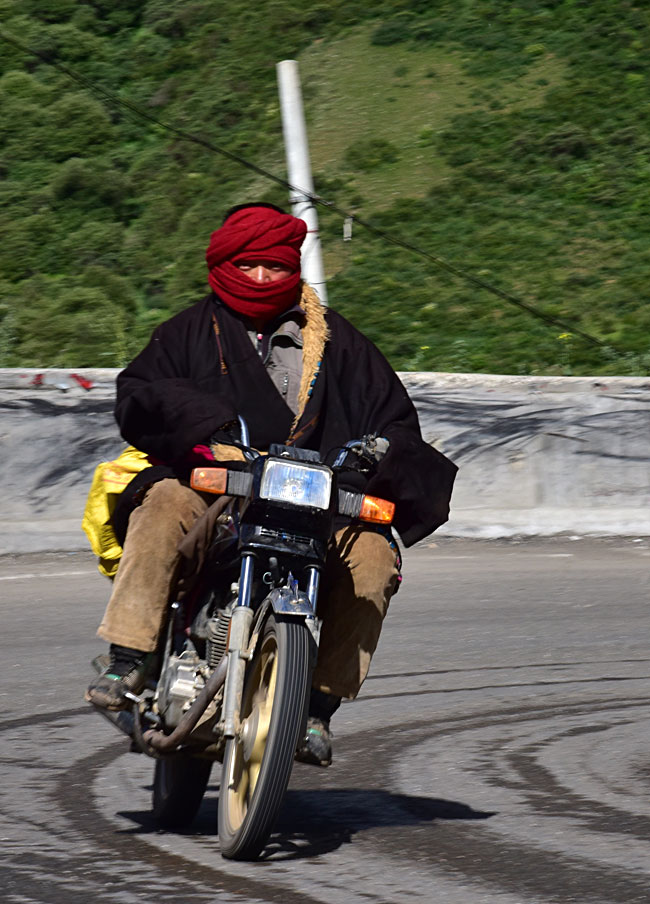
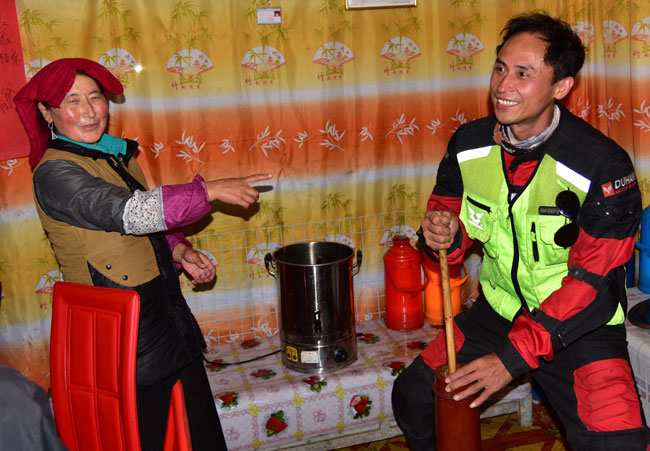
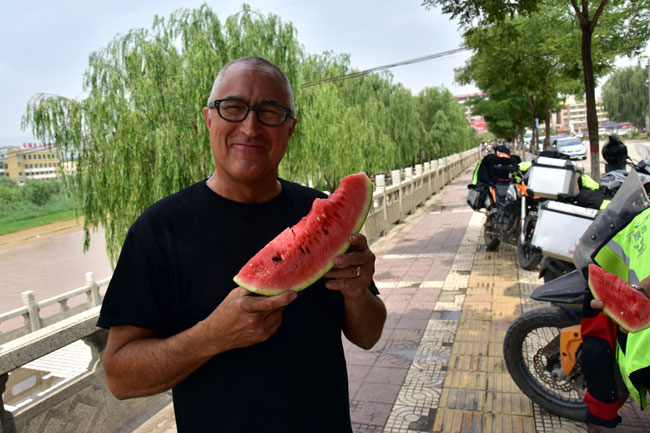

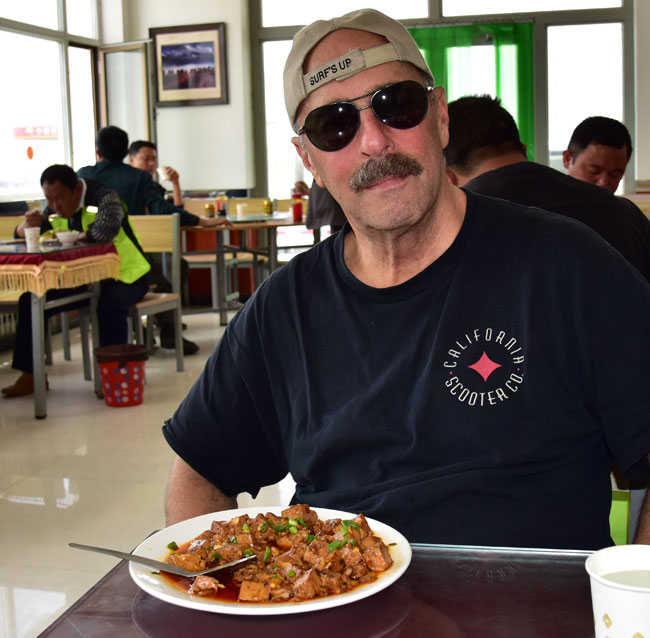
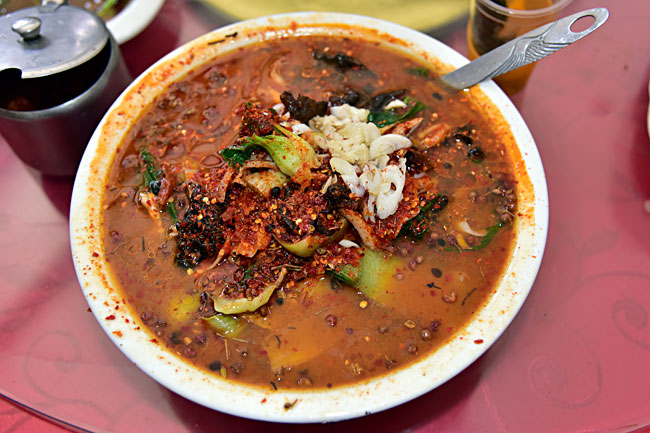

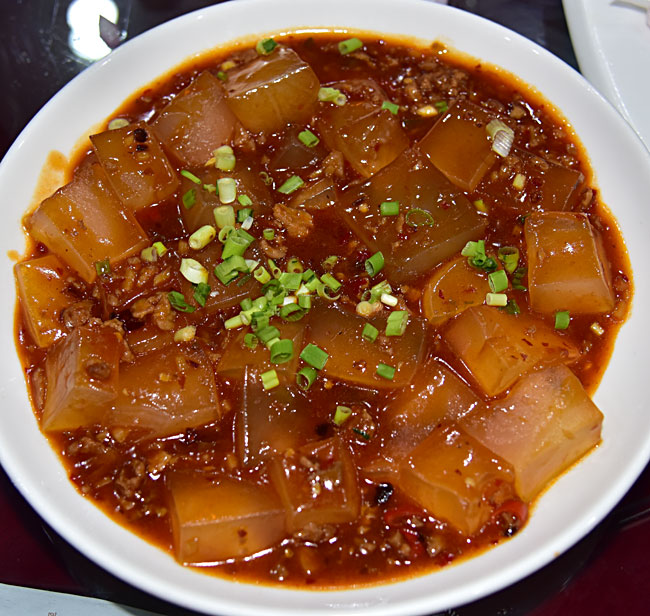
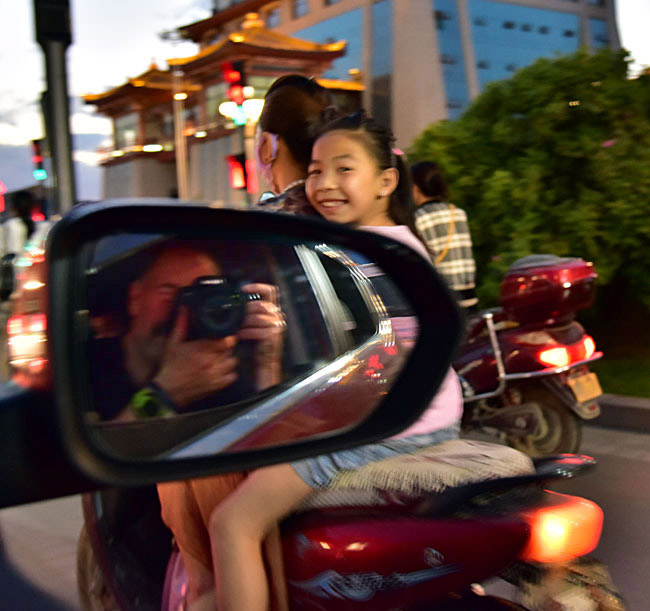
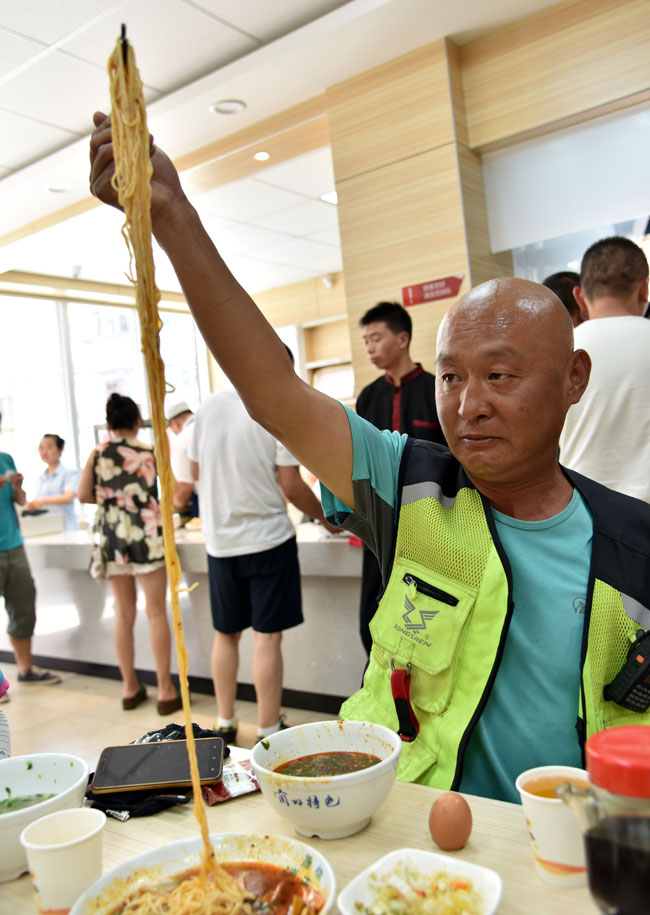
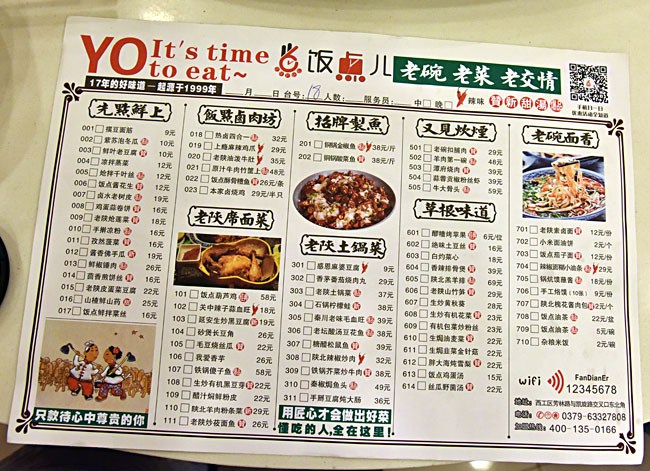
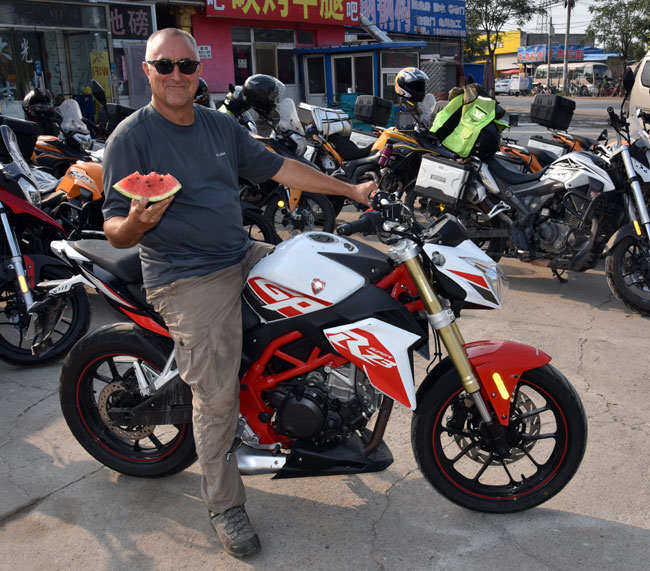
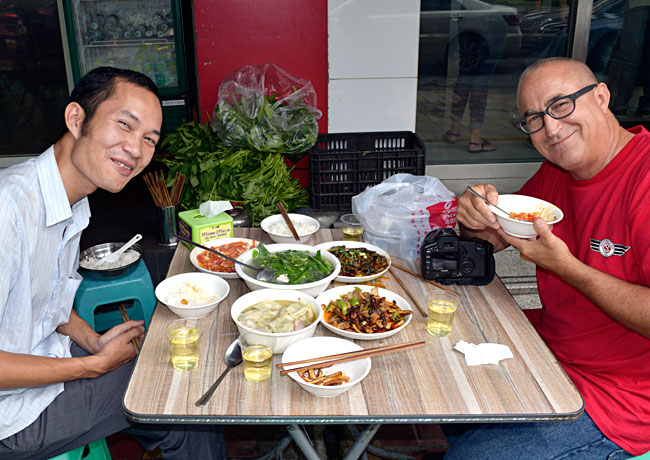




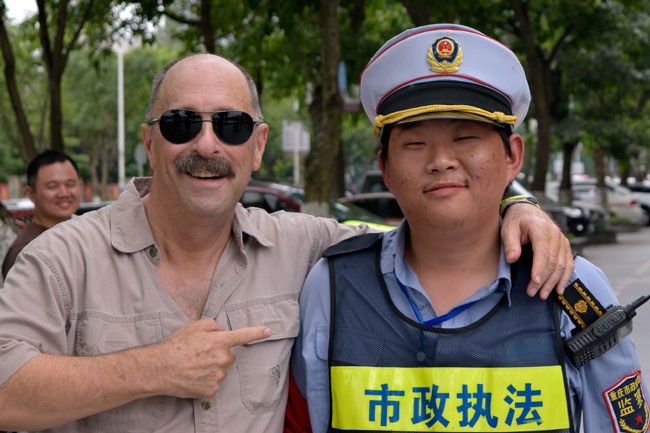
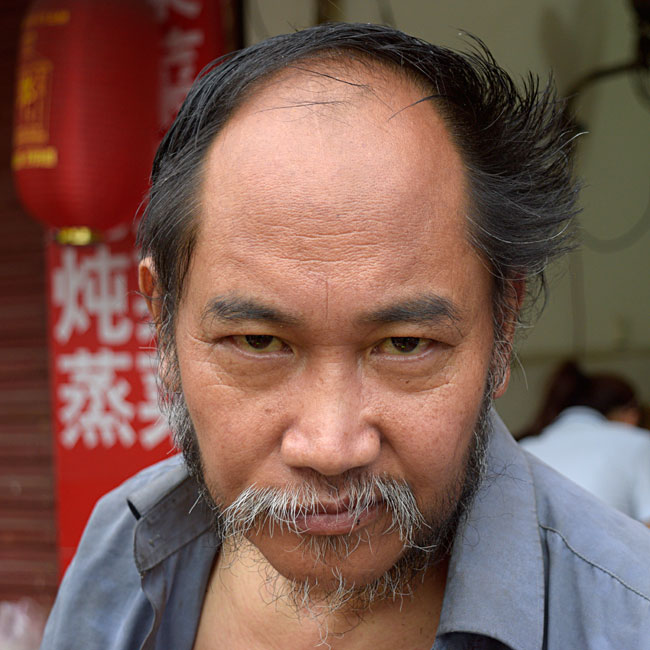
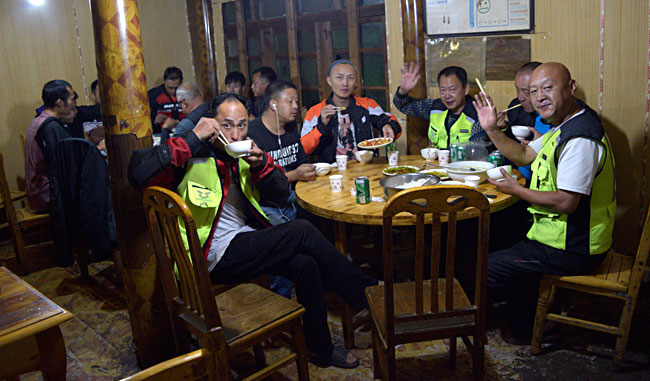
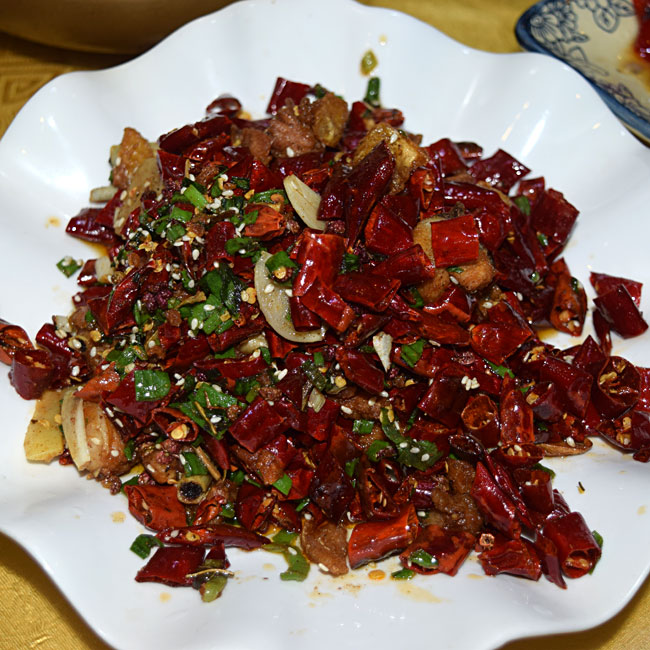

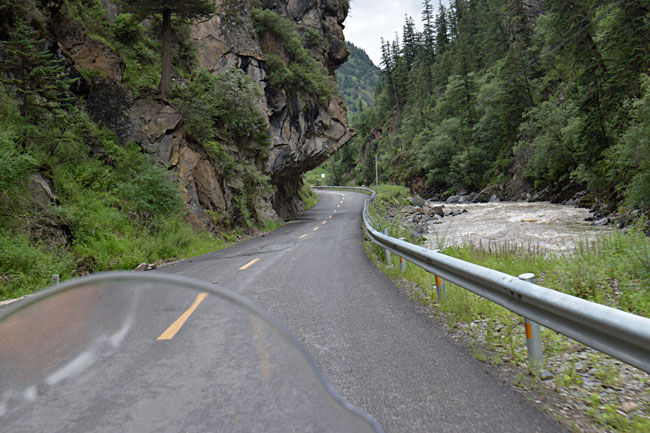
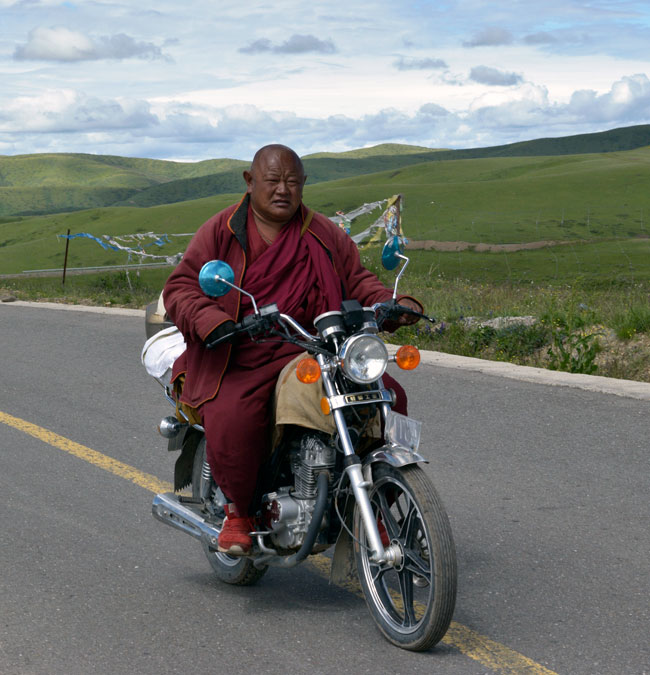
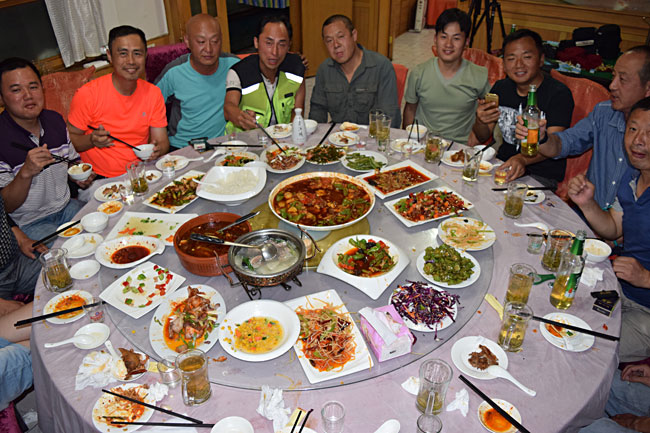

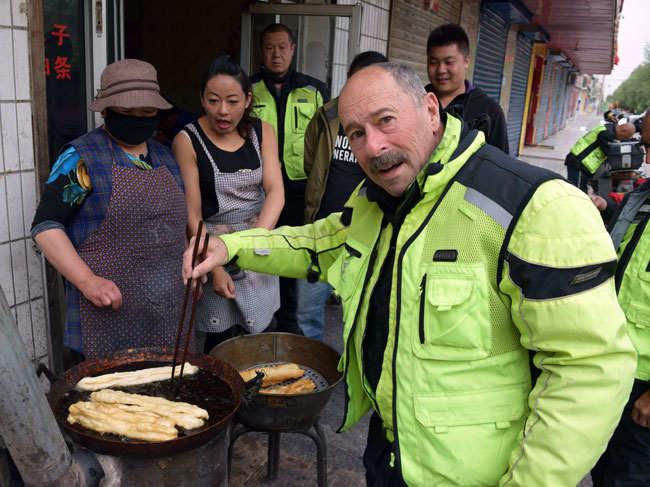

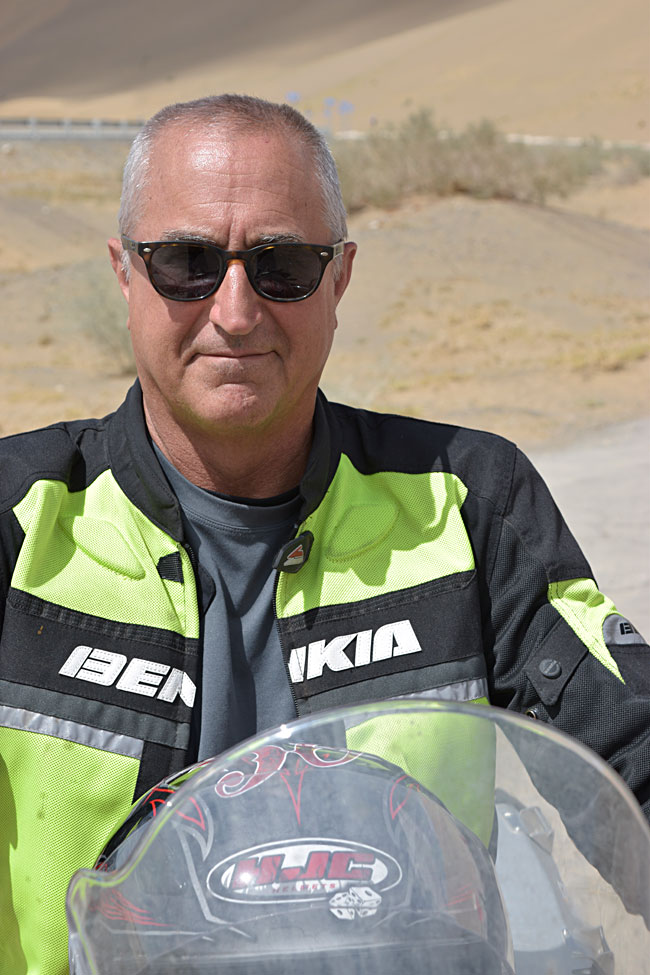

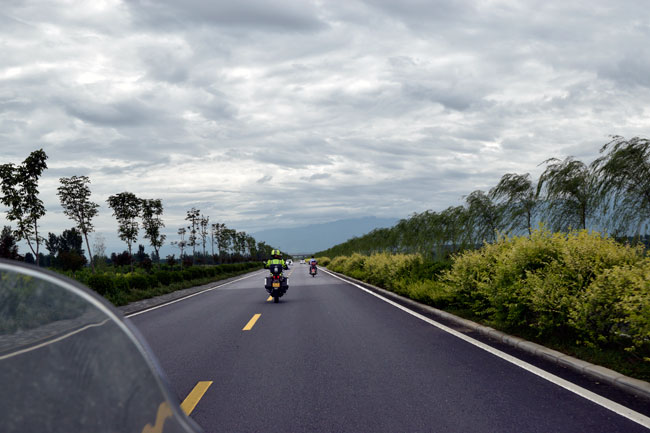

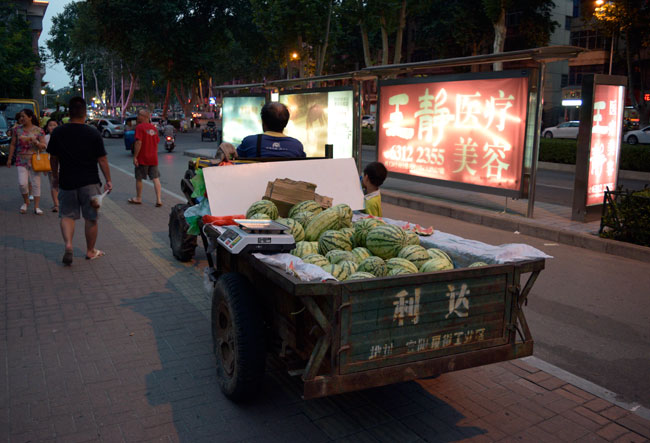

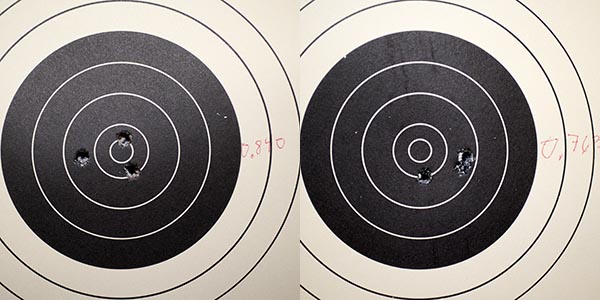
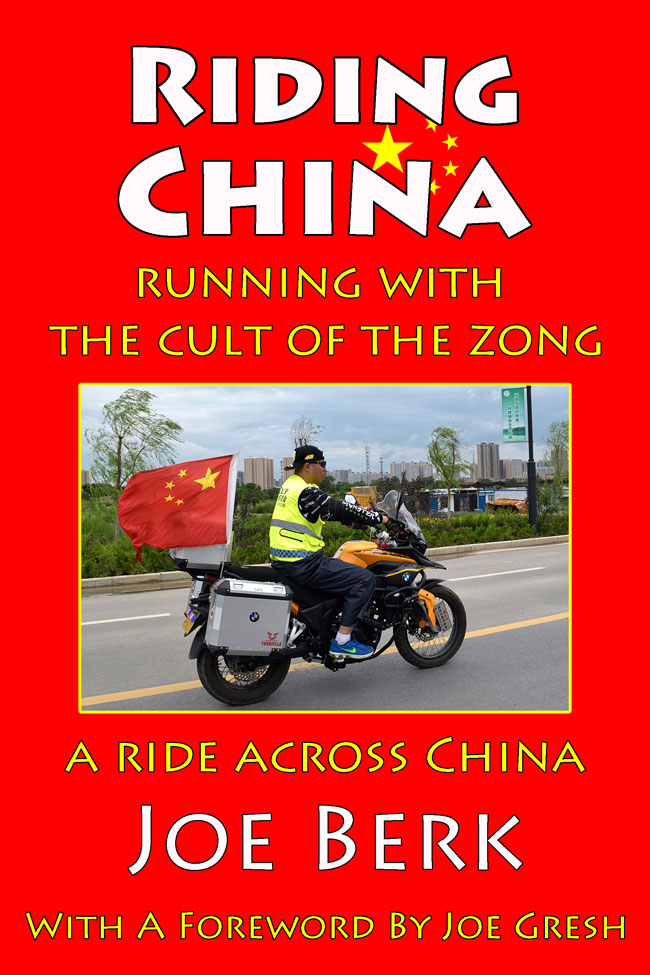

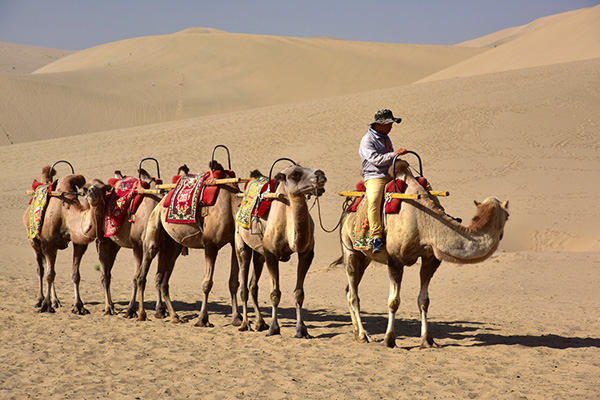



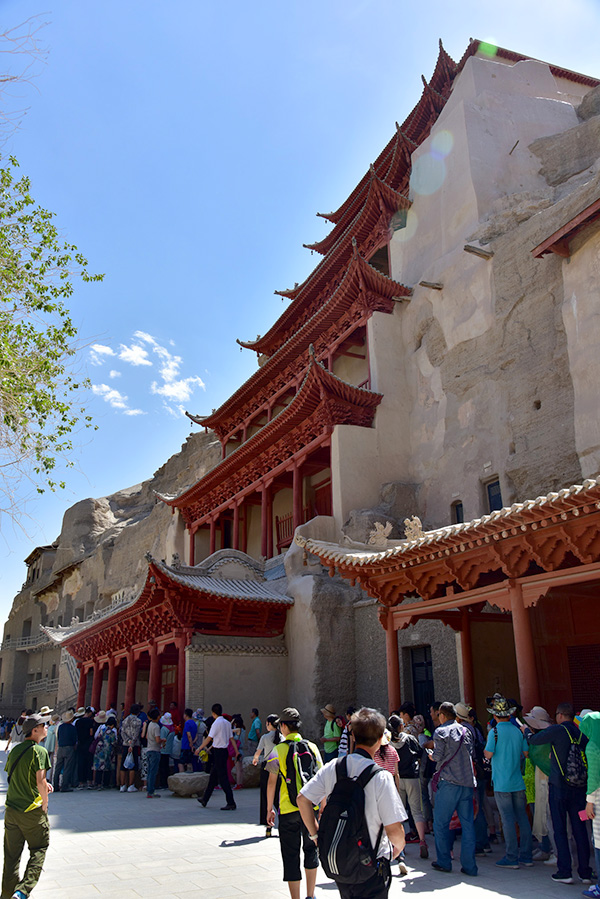
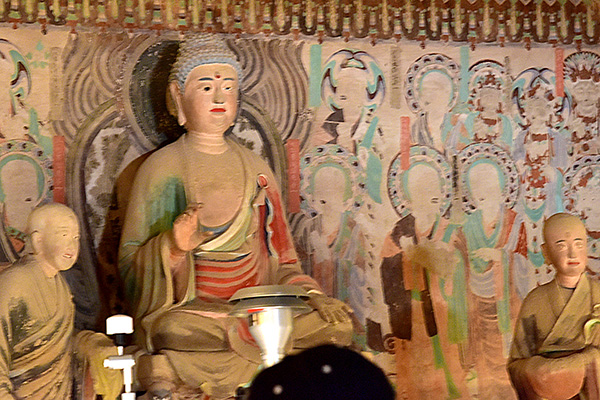
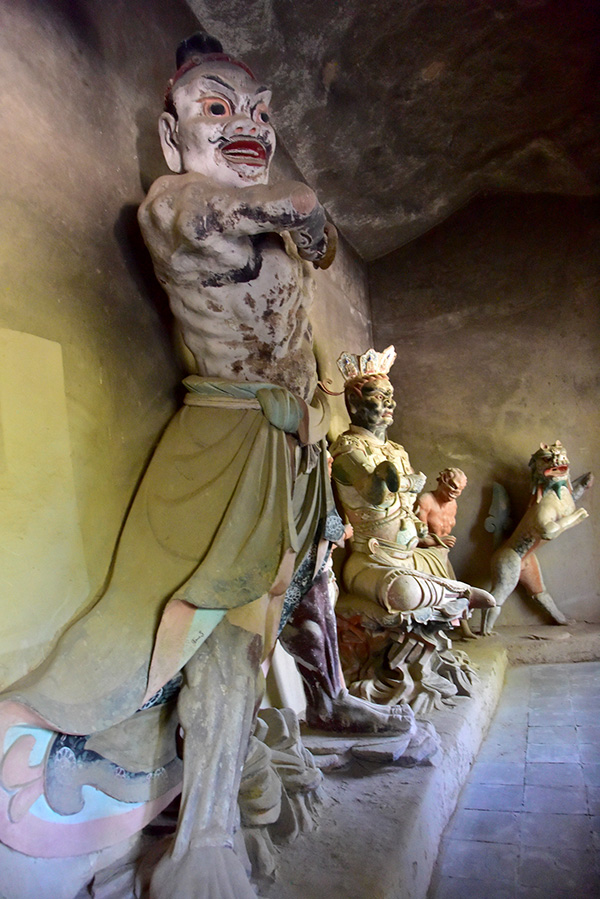












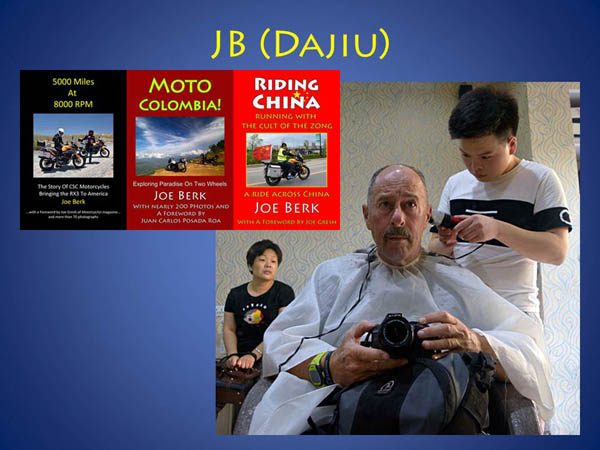
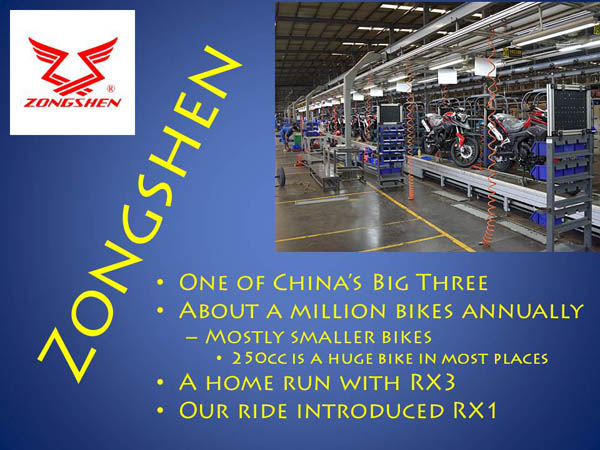
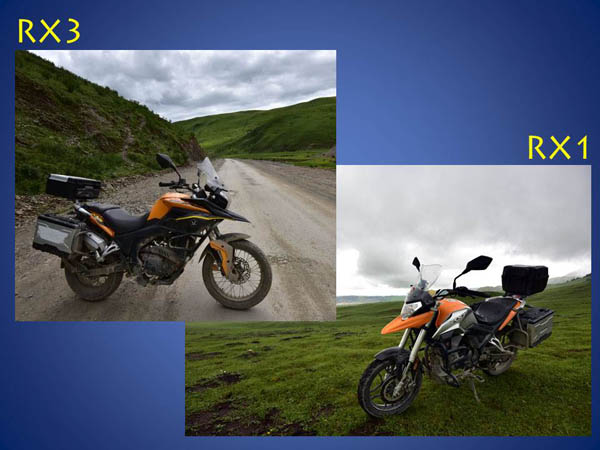
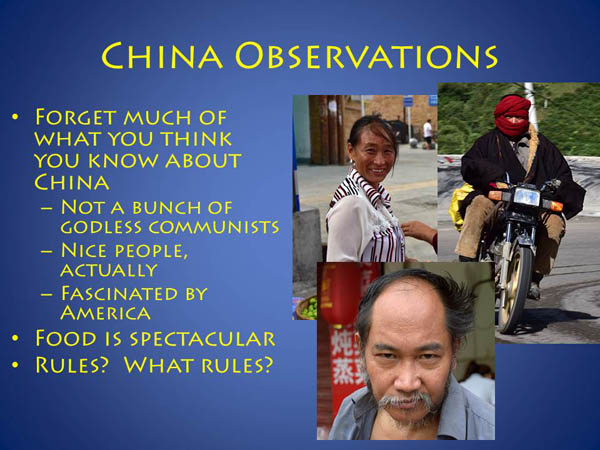
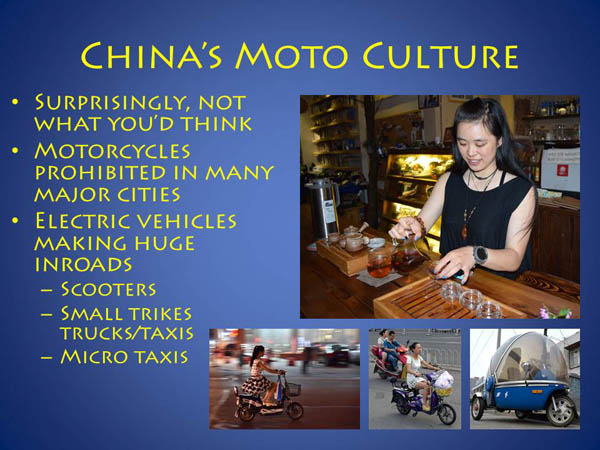
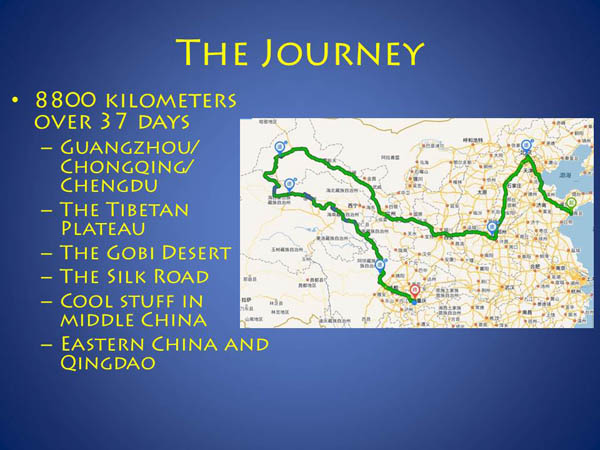
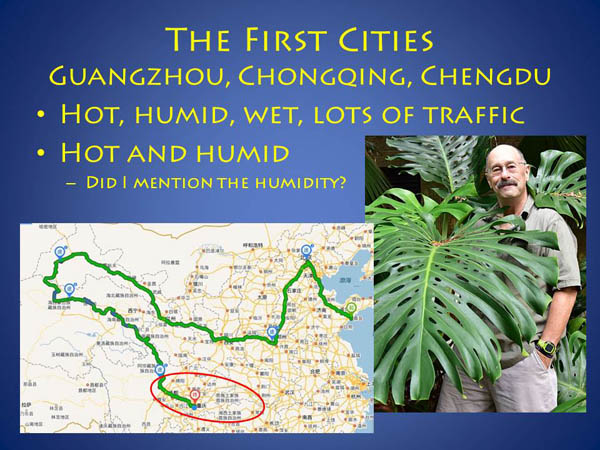


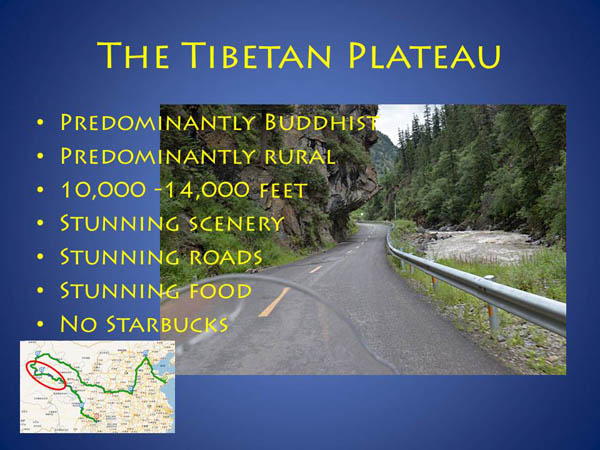
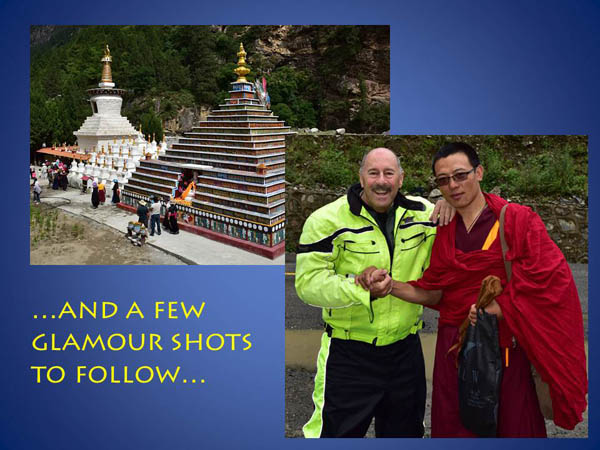
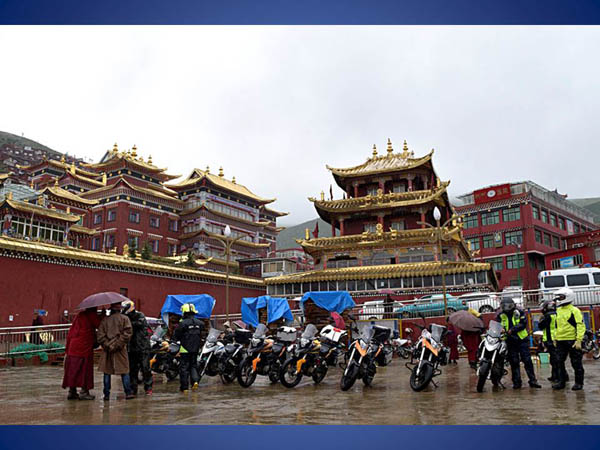
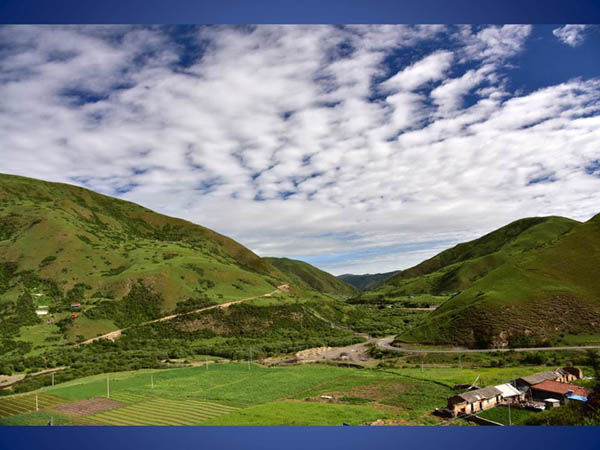
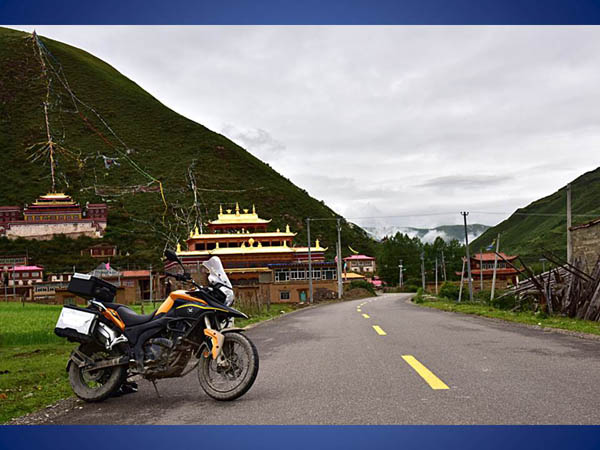
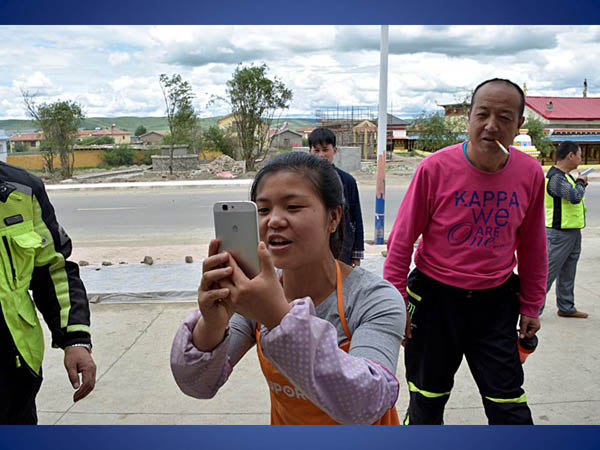
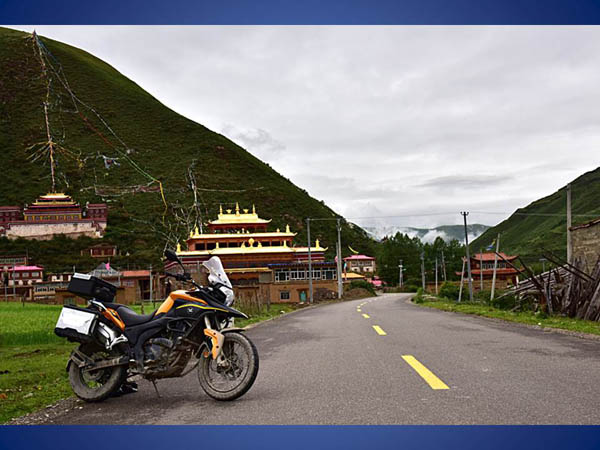
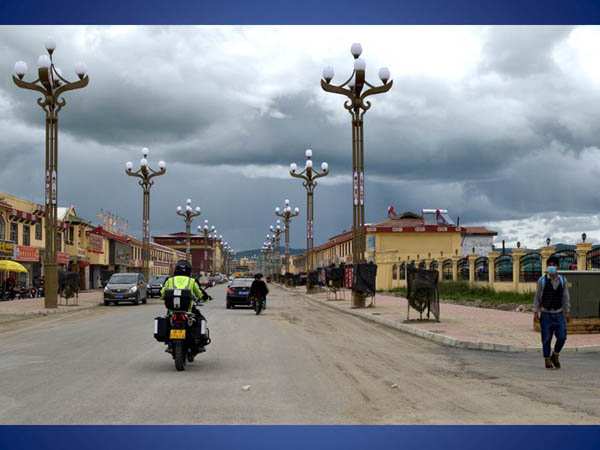


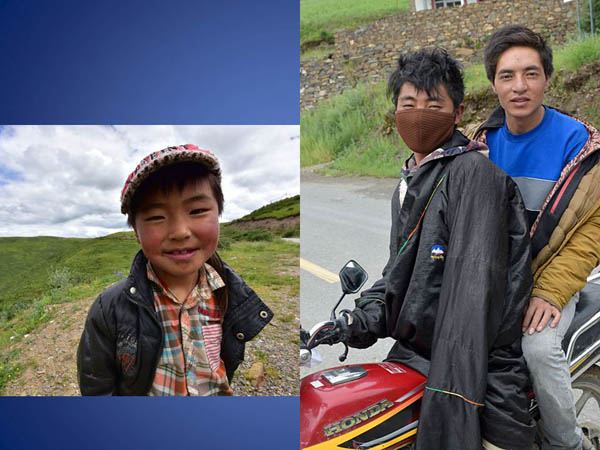
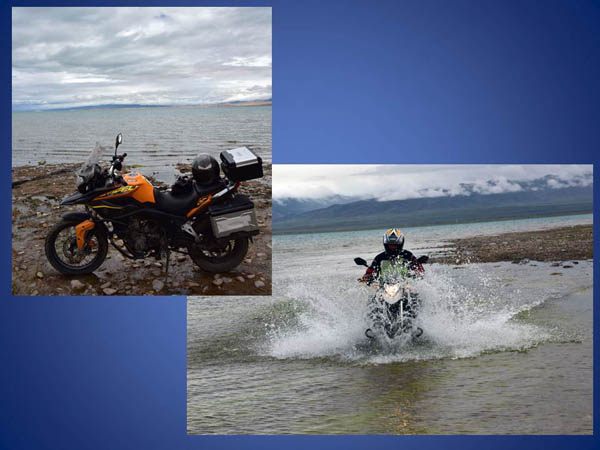
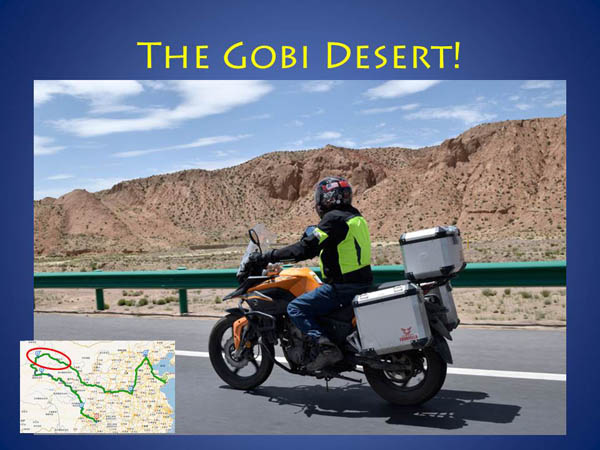
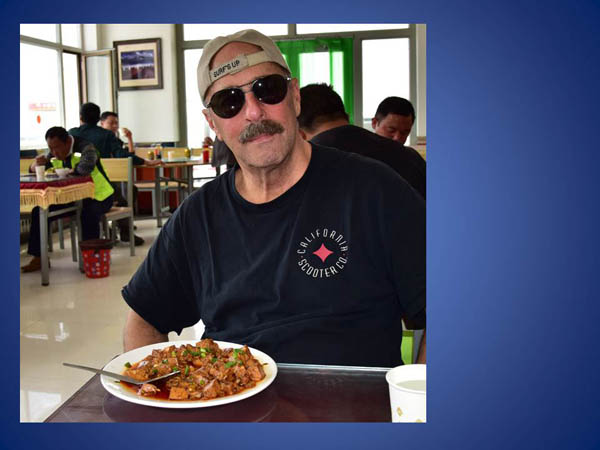
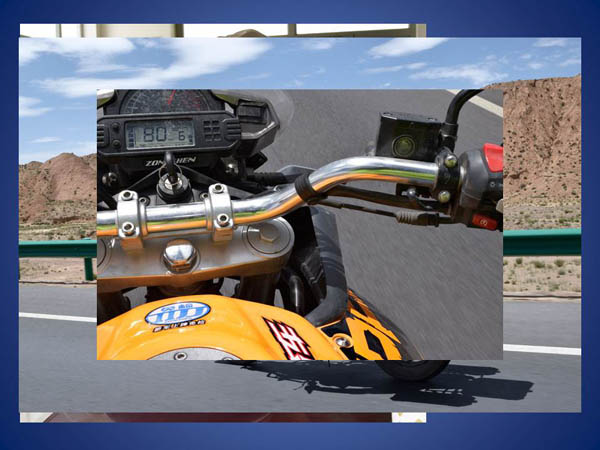
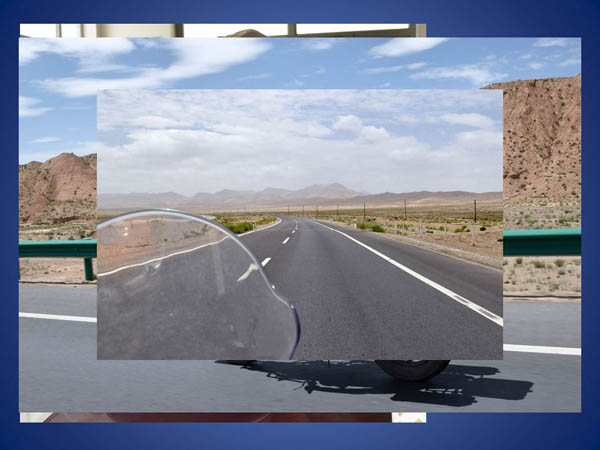
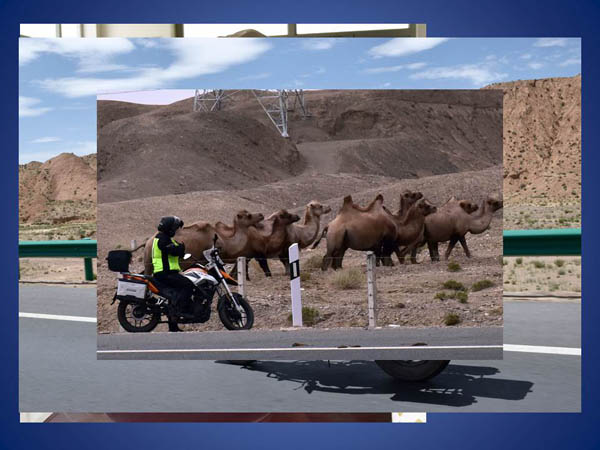

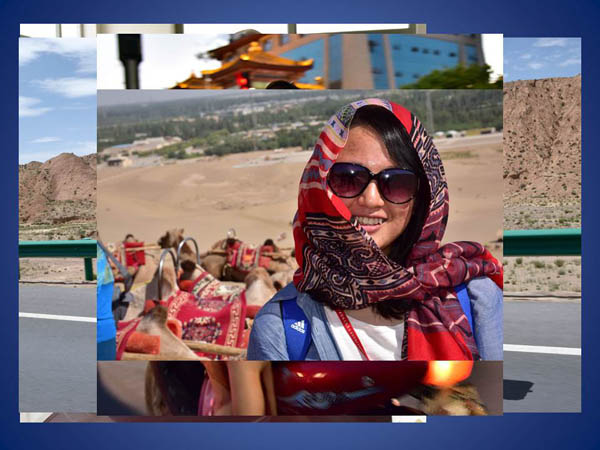
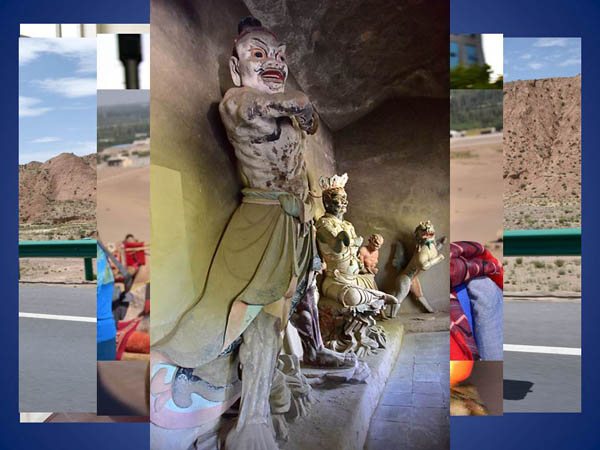
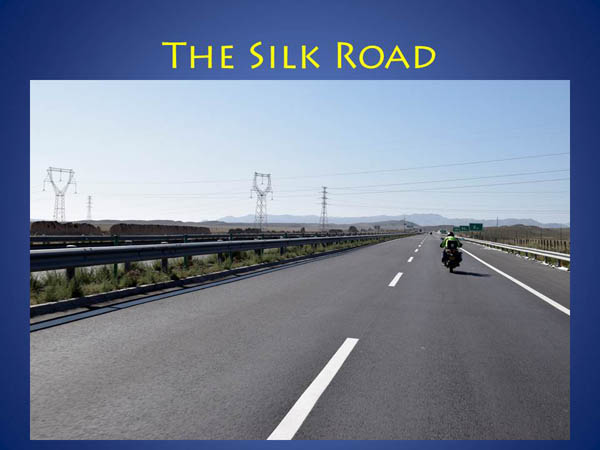

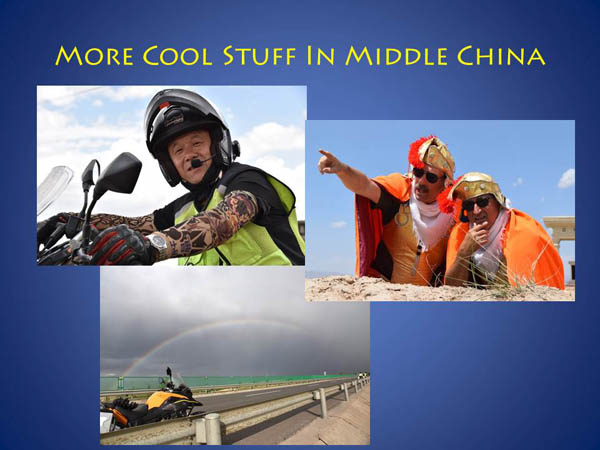
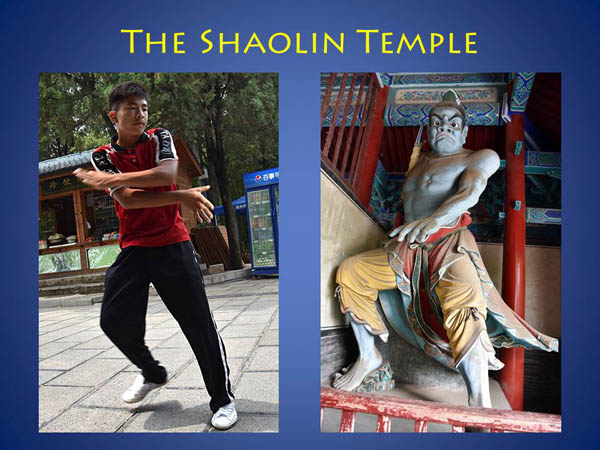
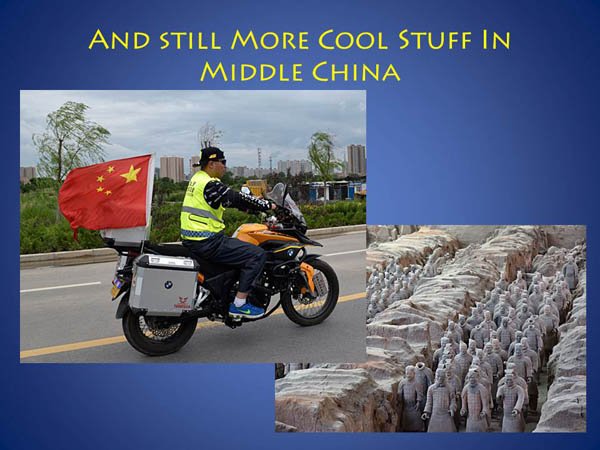

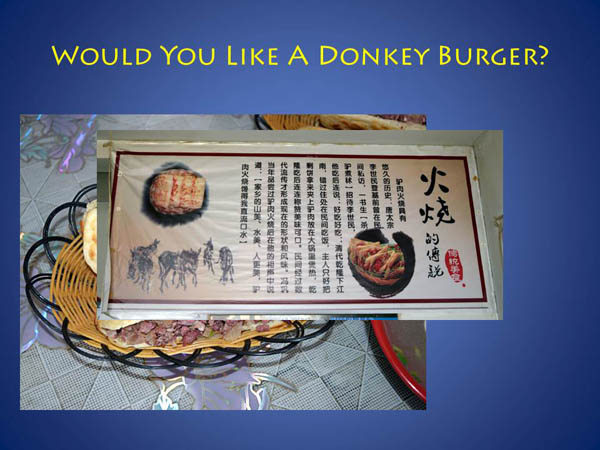
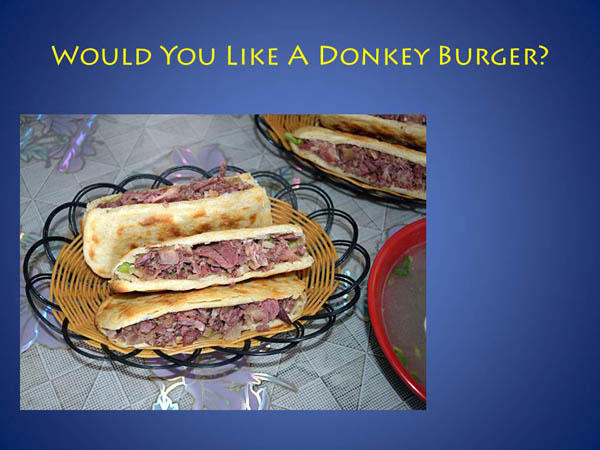
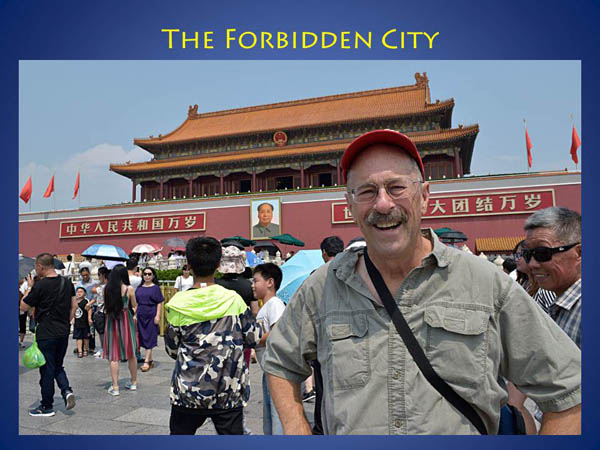
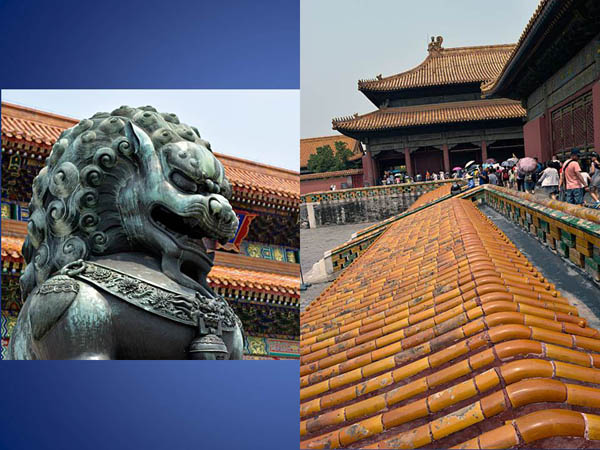
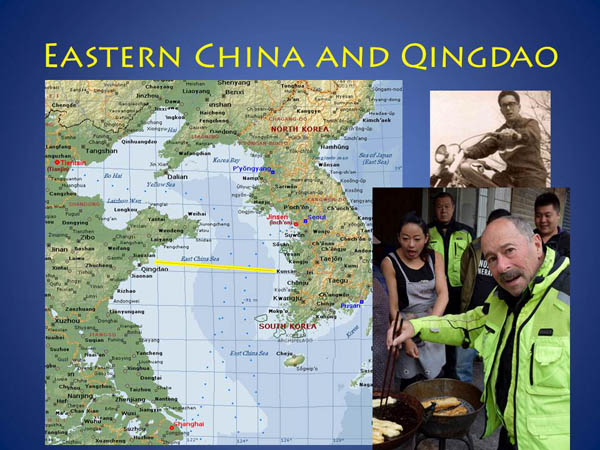

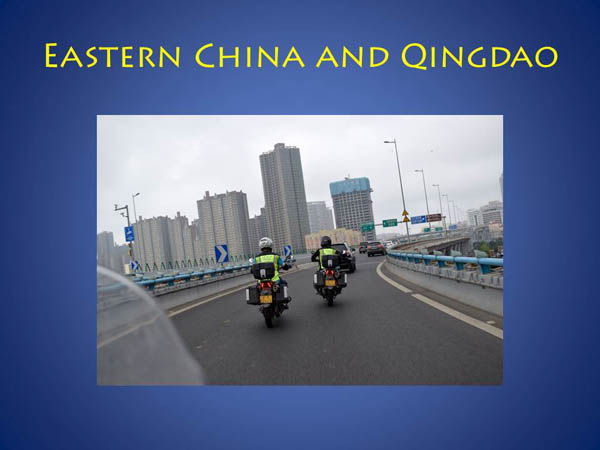

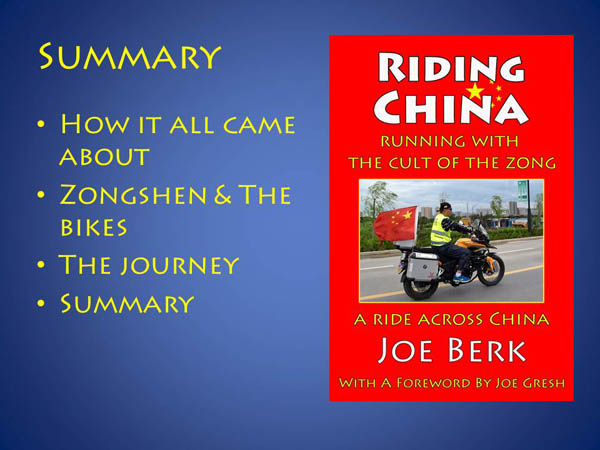
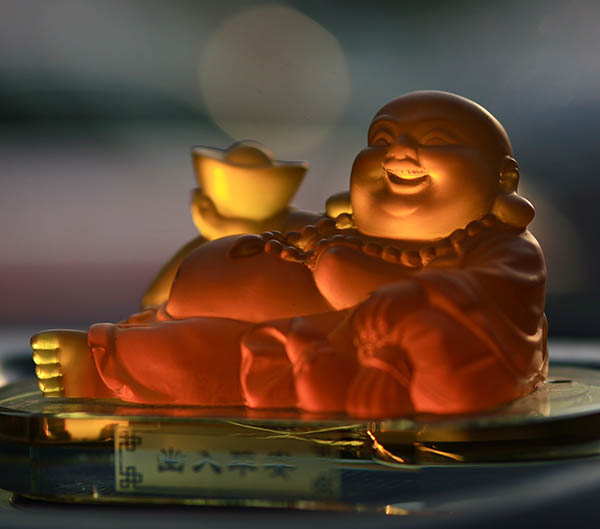 The China tour story I wrote took a long, winding road to publication. I like to pre-sell any feature-ish story and since we had recently done another big CSC story at That Other Magazine I pitched the China ride to Editor in Chief, Marc Cook. He liked the idea and suggested making the story less about the CSC motorcycle and more about the ride.
The China tour story I wrote took a long, winding road to publication. I like to pre-sell any feature-ish story and since we had recently done another big CSC story at That Other Magazine I pitched the China ride to Editor in Chief, Marc Cook. He liked the idea and suggested making the story less about the CSC motorcycle and more about the ride.